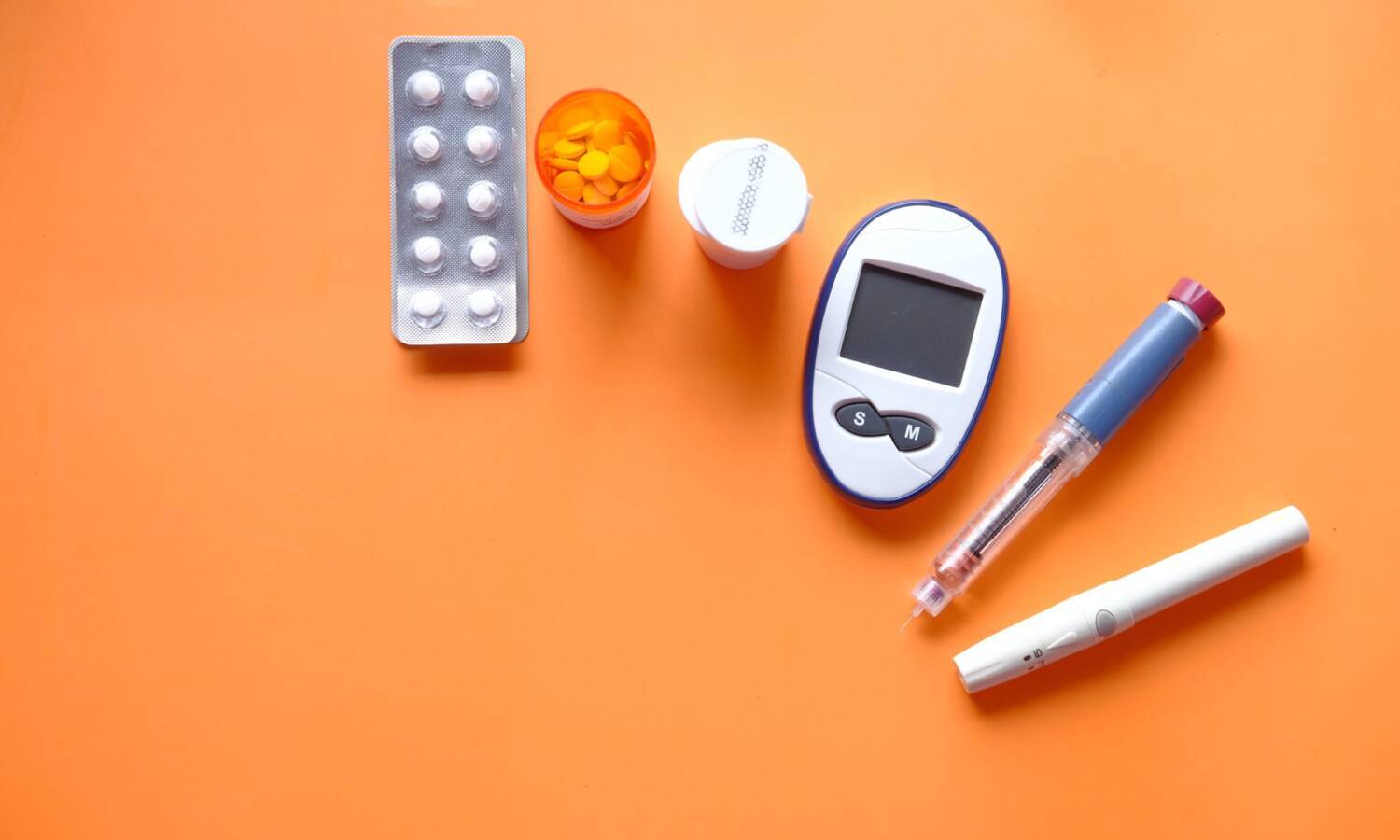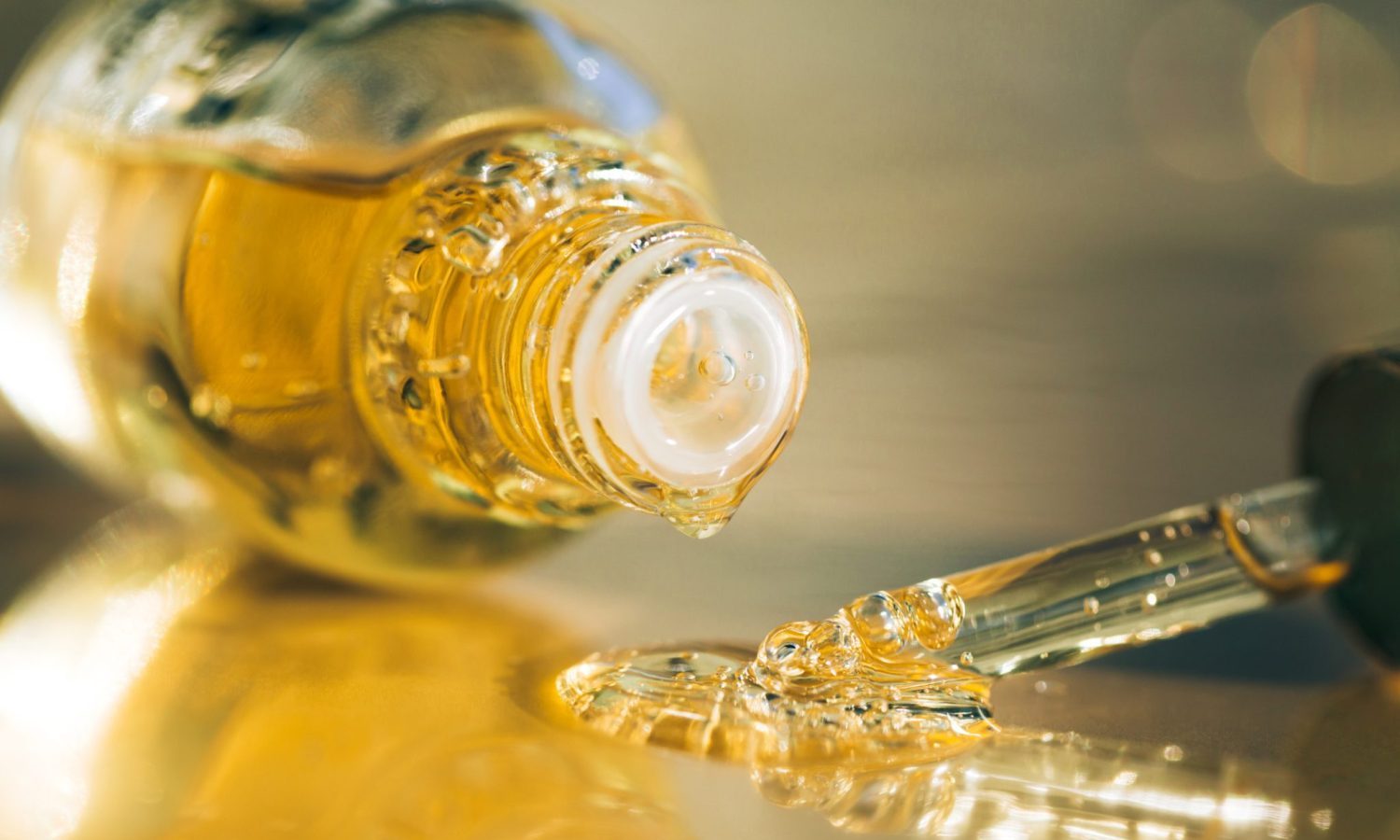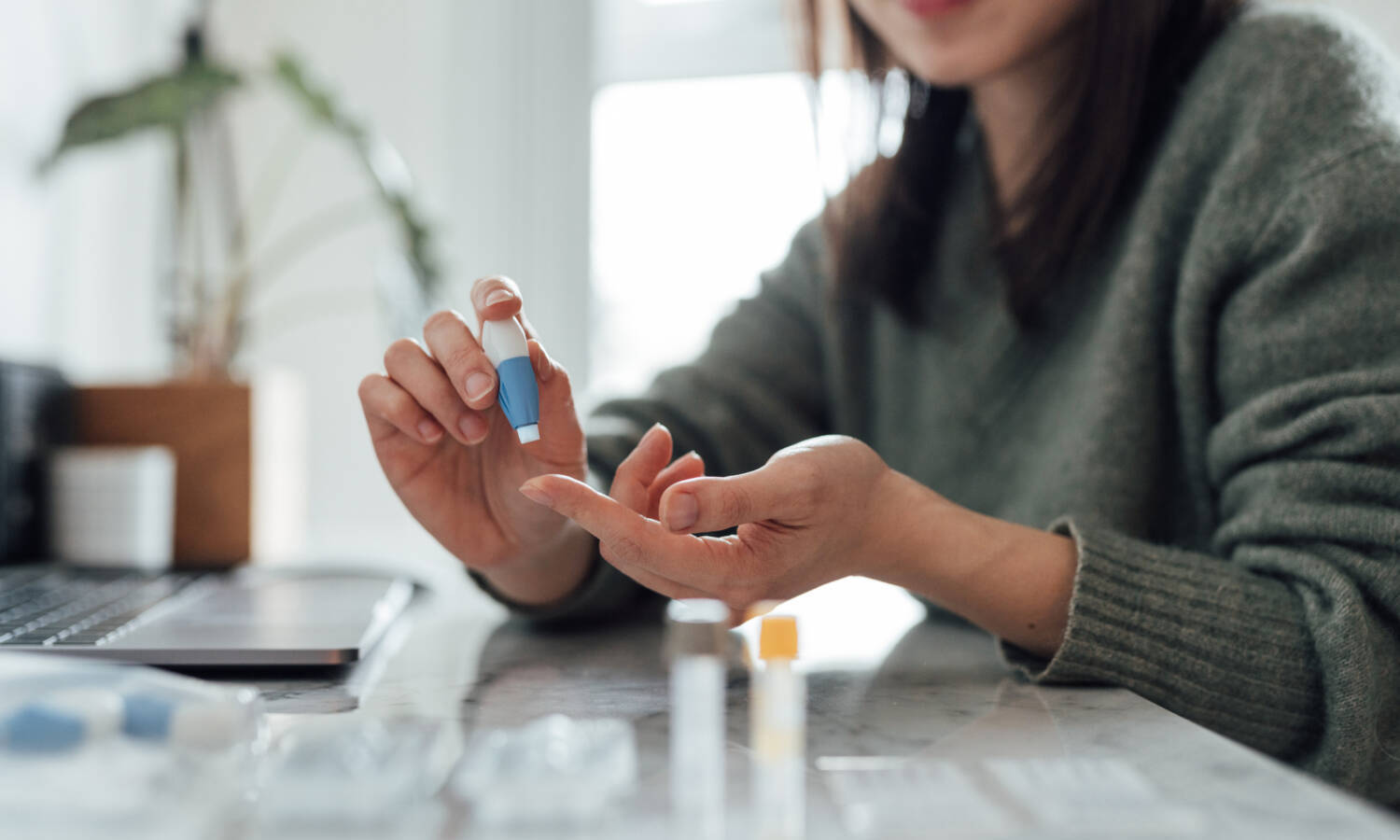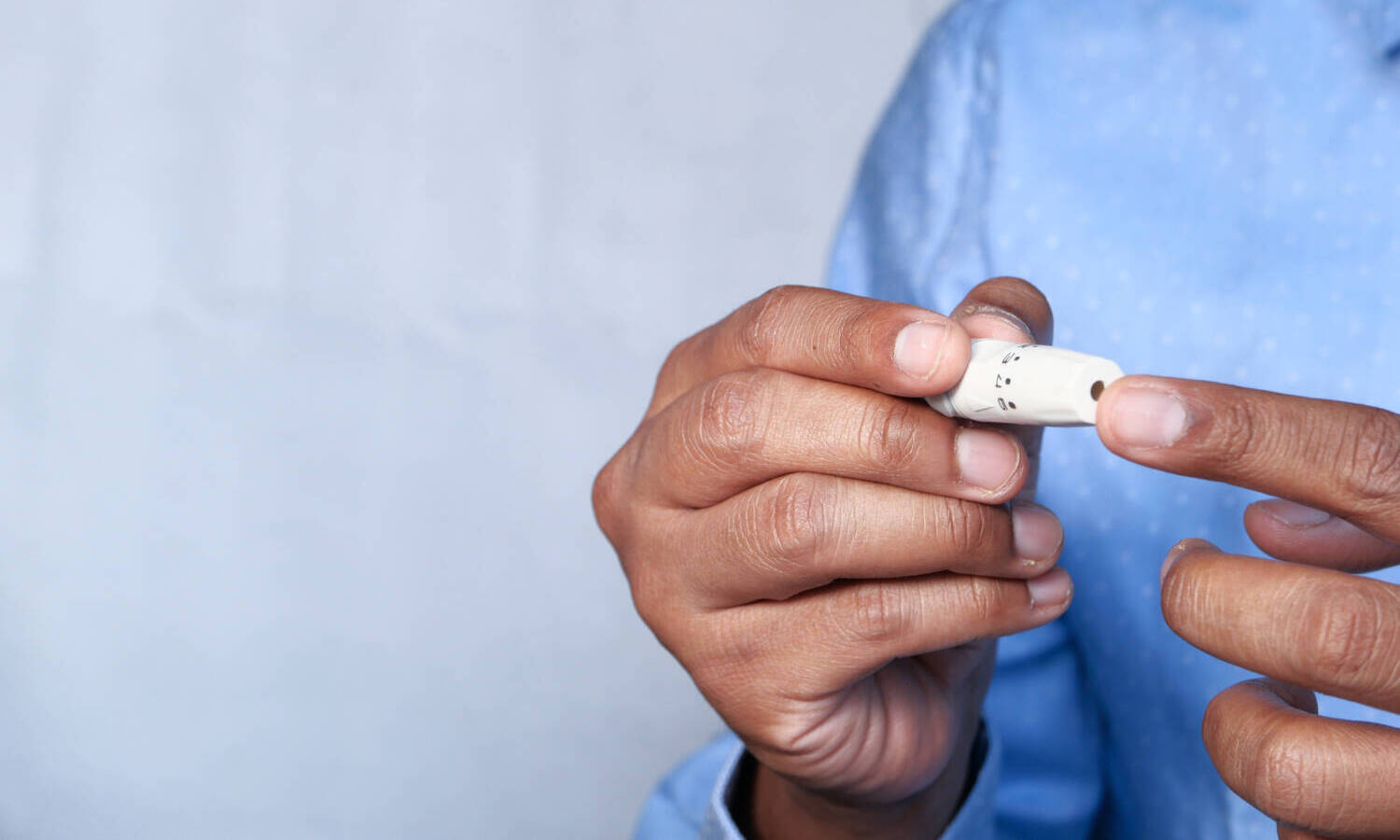There is still no cure for diabetes and it’s still not a condition that has been recognized by the FDA and medical authorities as one that can be treated with cannabis.
This article originally appeared on Cannabis.net and has been reposted with permission.
With more than 37.3 million Americans suffering from diabetes, this serious condition needs addressing. Diabetes is so common that it’s likely we all know someone who has it. Unfortunately, 1 in every 5 people who has it isn’t even sure that they have this condition.
This is not good news, because there are serious complications that can arise from diabetes, including nerve damage (neuropathy), cardiovascular disease, foot damage, kidney damage, Alzheimer’s, and much more.

RELATED: Ladies, You Can Lower Your Risk Of Diabetes By Using Cannabis Daily, According To Study
Once you have diabetes, it can be very difficult to reverse it. For type 1 diabetes, treatment will require regular insulin injections, carb counting, and constantly checking for blood sugar levels. Meanwhile, for type 2 diabetes, this involves changing your lifestyle entirely and checking for blood sugar levels, as well as some diabetes medications which may require insulin, prescription drugs, or both.
However, cannabidiol (CBD), a powerful anti-inflammatory cannabinoid and non-psychoactive component in cannabis, has been shown to be promising in the treatment and prevention of diabetes — naturally.
After all, CBD works with the endocannabinoid system which helps to regulate many important functions in the body including immunity, appetite, sleep, pain, and mood. The endocannabinoid system is also important for helping the body maintain homeostasis.
What The Studies Say
There are several studies out there that back up the claims: CBD may indeed help people suffering from diabetes.
Type 2 diabetes is the more prevalent form of diabetes among the two, and it’s strongly associated with being overweight. There have been many studies supporting the use of CBD as well as THC in preventing excess weight gain, as well as helping people keep it off. In 2020, a review revealed that CBD was promising in positively impacting factors that lead to insulin resistance, metabolic syndrome, and type 2 diabetes. Researchers also found that CBD was effective in reducing inflammation while altering the way the body metabolizes glucose.
RELATED: COVID-19 May Trigger Diabetes — Can Marijuana Help?
In an older study from 2017, researchers found out that CBD was effective in greatly reducing neuropathy caused by diabetes. Neuropathy is characterized by muscle weakness, tingling, and numbness, which would otherwise be treated through strong painkillers. With CBD, there’s no need to rely on pharmaceutical drugs any longer for the treatment of neuropathy.
A study published in the medical journal, Drug and Alcohol Dependence, in 2020, shared the results of a survey conducted from 2005 to 2018 involving 340 participants with diabetes. They were asked about their cannabis consumption including both THC or CBD in the last 30 days. The results showed that 78% of participants reported to using cannabis which wasn’t prescribed by a physician. “Diabetes patients might still use cannabis for medical reasons, but not have a prescription,” explained Omayma Alshaarawy, MBBS, PhD, lead author of the study.
In an article in EndocrineWeb, Rory Batt MSc, who researchers the link between type 2 diabetes, CBD, and the endocannabinoid system, CBD can also have benefits on pancreatic health among those with this condition. “CBD can also help to protect the pancreas from becoming destroyed by overactive immune cells. Effectively, this means someone may be able to keep producing insulin themselves for longer. However, unless they ultimately change their diet as well, they will inevitably end up with a pancreas that cannot produce insulin — but CBD could significantly extend the time until that happens.”

Last May 2021, the results of a Phase II trial revealed that taking CBD sublingually in tablet form was effective in reducing pain scores among patients who have diabetic peripheral neuropathy by around 50%. The randomized and double-blind, placebo-controlled study involved 54 patients who were suffering from painful diabetic neuropathy, affecting their feet. They were randomly given 1:1 proprietary sublingual tablets of Pure Green Pharmaceutical’s 20mg CBD, thrice a day or placebo.
Pure Green reported that the patients who were given the treatment experienced significantly reduced pain levels compared to the placebo group. Those who were given the CBD also reported statistically significant changes when it came to quality of life, and improvements for anxiety and sleep quality.
RELATED: CBD For Diabetic Use
“Achieving clinical and statistical pain relief for these patients in just a few weeks is very gratifying and frankly unexpected. Interestingly, the results of this placebo-controlled trial mirrored those of Pure Green Pharmaceuticals’ open-label pDPN trial where both studies revealed a significant drop in pain scores by approximately 50 percent. Patient safety always comes first and was our primary marker. There were no adverse events in either clinical trial to patients on treatment medication,” explained Pure Green’s Chief Medical Officer and a board-certified anaesthesiologist, Dr. Debra Kimless.
Other Ways CBD Helps Treat Diabetes
There are other ways that CBD can help with diabetes, particularly with chronic inflammation which causes blood sugar levels to keep spiking until diabetes occurs. CBD’s powerful anti-inflammatory properties helps the endocannabinoid receptors decrease inflammation, which also reduces blood sugar levels.
In addition, the endocannabinoid system plays a significant role in promoting homeostasis, as well as how the body reacts to the decrease and increase of insulin. The lack of insulin production results in diabetes, but CBD has been shown to enhance the endocannabinoid system, thus helping to increase insulin secretion and promote homeostasis.

What To Do If You Want To Medicate With CBD For Diabetes
At the time of writing, there is still no cure for diabetes and it’s still not a condition that has been recognized by the FDA and medical authorities as one that can be treated with cannabis.
But given the promising studies we have available, as well as anecdotal evidence, patients with diabetes are encouraged to talk to physicians who are knowledgeable about cannabis if they want to use CBD complementary to their existing therapies to help manage the symptoms of diabetes and keep them under control.
This article originally appeared on Cannabis.net and has been reposted with permission.


